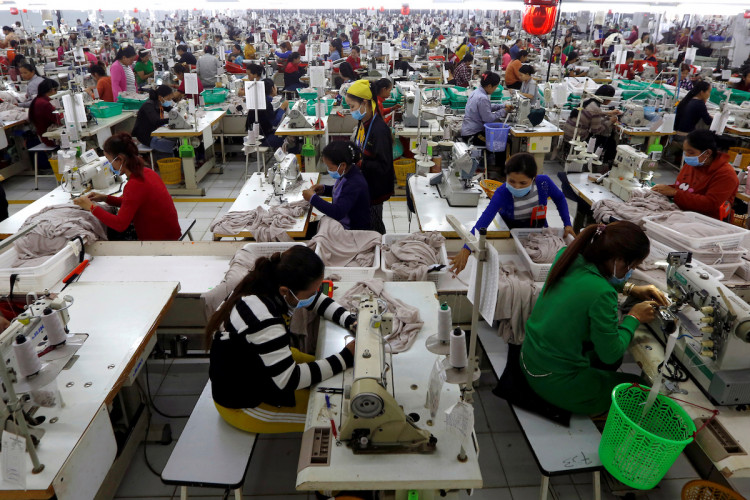Thailand's employment sector has started feeling the pain that comes with a slowing global economy. The country has a higher unemployment rate this year and factory production has been contracting over the past months.
According to the Bangkok Post, one of the factors that has affected jobs largely is the downtrend in shipments due to a strengthening Thailand baht and global headwinds such as the China-U.S. trade war.
Thailand's overall gross domestic product (GDP) relies largely on exports. Around 70 percent of the country's GDP comes from exporting various products but with a decline in exports, businesses in the country are also slowing down on hiring.
As weaker manufacturing figures start to show, businesses are left with no choice but to cut costs. Among the cost-cutting strategies is reducing the number of staff and rolling back on hiring new applicants.
Concern for the employment sector in Thailand further increased over the past months after social media reports indicated that General Motors cut 327 jobs at Rayong manufacturing plants.
It has yet to be confirmed how many Thai workers were laid off due to GM Thailand's cost-cutting measures. However, it was revealed that both contract and regular employees were removed.
Thailand is known for being one of the biggest vehicle and automotive exporters in the world. However, it appears that weakening demand both in global and local markets is starting to dampen manufacturing output.
Research director for labor development at the Thailand Development Research Institute, Yongyuth Chalamwong, predicted that unemployment rates will go up further in 2020 as there are still little signs of a recovery in both service and manufacturing segments.
Aside from internal and external headwinds faced by the Thai economy, technological advancements may also have played a role in the country's slower employment activity.
Vice-chairman of the Employers' Confederation of Thai Trade and Industry, Tanit Sorat, noted that the fast development of technology increased the displacement of humans in Thailand's workforce.
Earlier this month, a survey by the Super Poll Research Center indicated that 59.8 percent of Thais believe the government should prioritize the creation of secure jobs to help bolster growth in the economy.
According to the ASEAN Post, more job seekers in the region expressed difficulties in finding jobs. In the report, it was revealed 59.5 percent of Thai job seekers found it hard to land a job.
The trend does not stop in Thailand. Other countries in the ASEAN region seem to echo the same sentiments. In Vietnam, 49.6 percent experienced issues with job-finding, in the Philippines, the percentage was 48 percent, while 59.7 percent of Indonesians faced the same problems.





